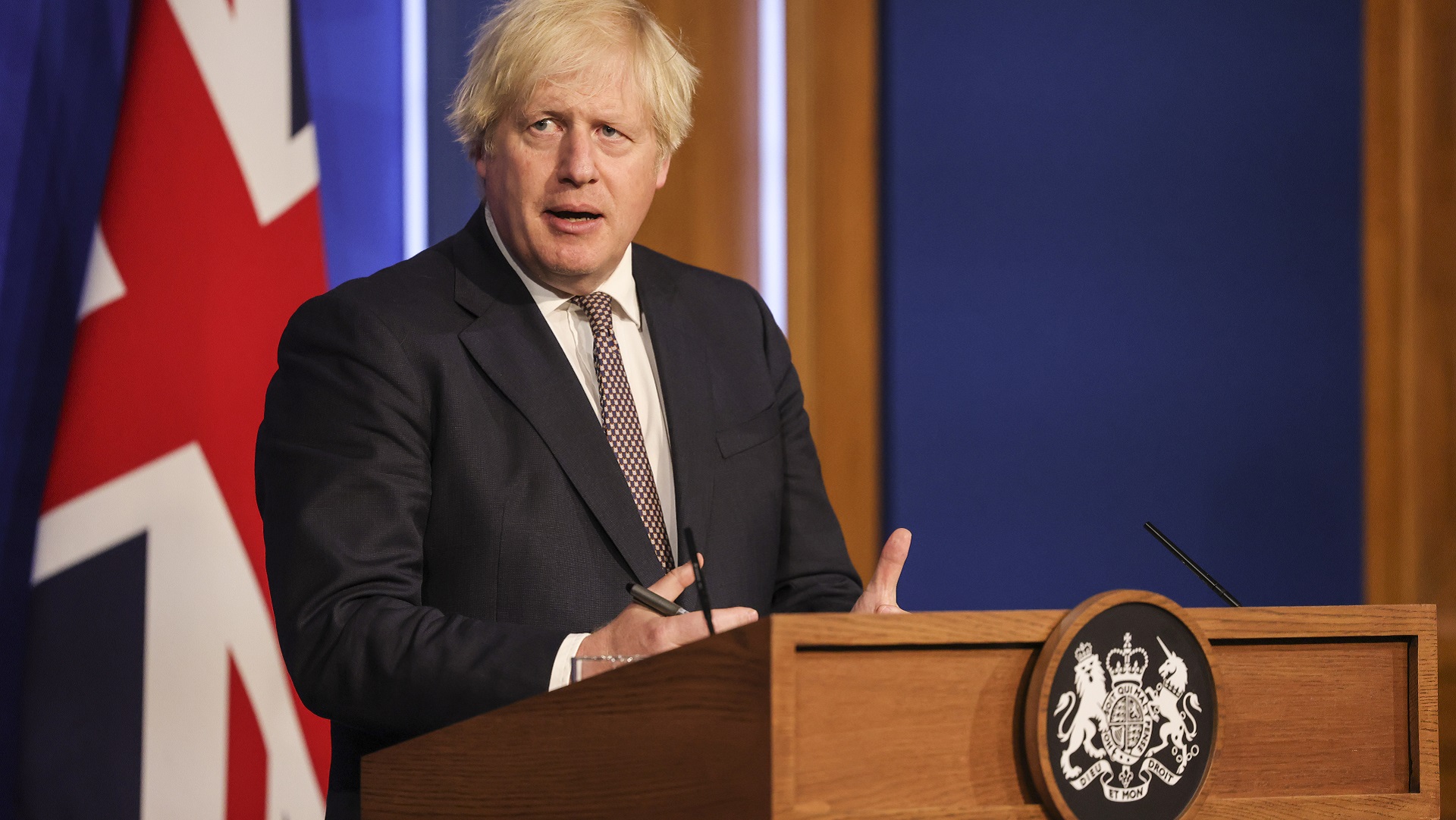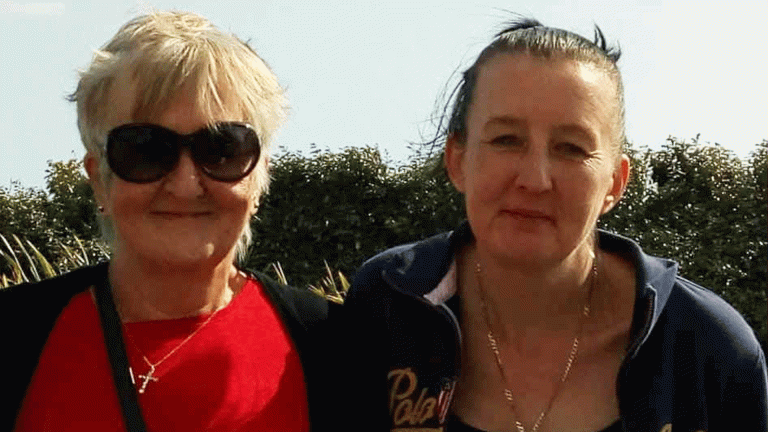“Johnson’s decision to abandon ALL covid safeguards (#facemasks, social distancing, limits on mass events) – when infections from #DeltaVariant are soaring, hospitalisations are up, when only half the population are protected shows this is a political decision; not a public health one.”
Haque added: “And how can the public make ‘informed choices’ of ‘managing the virus’ when their own government is minimising the risks and ignoring the scientific data? We currently have more daily cases than the whole of the EU and YET the govt want to abandon ALL covid safeguards in 2 weeks.”
The move to lift restrictions came despite rising cases in recent weeks while only half of the population – 28.3 million people according to official figures – has been vaccinated. The previous ‘Freedom Day’ had been slated for June 21 but ministers pushed back the date to allow more people to be vaccinated amid rising Covid-19 cases.
In recent weeks, cases have continued to rise with 178,128 positive tests reported in England in the last seven days, up 53 per cent on the previous week.
Ministers have argued that the vaccination programme means positive cases have not translated into hospitalisations and deaths. In total 128 people have died within 28 days of testing positive for Covid-19 in the last seven days – up five per cent – while the number of patients treated in hospital has risen by a quarter in the last week to 1,953.
Advertising helps fund Big Issue’s mission to end poverty
By contrast, on January 19 – the day when England experienced the most deaths during the pandemic – 1,244 people died and there were 3,768 hospital admissions.
However, Imperial College London virologist Professor Richard Tedder, senior research investigator in Medical Virology, insisted that rising cases pose a greater risk of creating new virus variants that are more resistant to vaccines.
“Using these vaccines in the present way to ‘free up our behaviour’ comes with the very real risk of facilitating the escape of variants which will be even more resistant to vaccines and potentially more infectious,” said Prof Tedder.
“Failing to recognise this is playing with fire. The repeated mantra ‘look at the infection rate, and the low disease rate’ is truly dangerous.
He added. “I would hope the Health Secretary will listen to this view and involve those who have had decades of experience in medical virology. I am sure we as a cadre will do anything we can to help contain and defeat this virus.”
Speaking at Monday’s Downing Street briefing, Johnson said now was the time to lift restrictions.
Advertising helps fund Big Issue’s mission to end poverty
“If we don’t go ahead now when we’ve clearly done so much with the vaccination programme to break the link… when would we go ahead?” said the prime minister.
He added: “We run the risk of either opening up at a very difficult time when the virus has an edge, has an advantage, in the cold months, or again putting everything off to next year.”
Bur Dr Deepti Gurdasani, a senior lecturer at Queen Mary University of London, accused the government of pursuing a “false now or never narrative”.
Dr Gurdasani tweeted: “If the claim is that vaccines are good enough to protect us now, why wouldn’t they be good enough to prevent hospitalisations/deaths in winter, when *many more* will be vaccinated- lowering transmission & weakening the link between cases & deaths further?”
Professor Devi Sridhar, chair of global public health at Edinburgh University, questioned the decision to make wearing masks a “personal choice”.
Advertising helps fund Big Issue’s mission to end poverty
“If it avoids rising cases, people getting ill, another lockdown and helps businesses stay open doesn’t it make sense to keep face masks for indoor settings like shops & public transport, until we understand more about vaccine effectiveness in stopping transmission?” tweeted Professor Sridhar.
“It would be tragic if wearing a face covering become politicised (& symbolic) like in ??- instead of a small act of kindness we can all do to show we care about others, as vaccine rollout continues.”
The Edinburgh academic was not the only one to back the continued use of masks. Dr Samantha Batt-Rawden, chair of the Doctor’s Association UK, said she would continue to wear one due to the more transmissible Delta variant, the incomplete vaccine rollout and because “It’s really a minor inconvenience to protect others”.
https://twitter.com/sbattrawden/status/1412159872192454657
Meanwhile, University College London professor Dr Christina Pagel questioned the UK government’s approach to exposing children to the virus without a Covid-19 vaccination. Dr Pagel tweeted: “I just cannot understand how it’s ok to get to immunity in under 18s by infecting millions of children whereas over 18s get to do it by a safe and effective vaccine.”
Advertising helps fund Big Issue’s mission to end poverty
Dr Pagel also hit back at fellow Independent SAGE member, Nottingham Trent University professor Robert Dingwall over his support for making masks voluntary.
Professor Dingwall described the evidence that masks are beneficial as “weak”. He said: “No government can know all the circumstances of individual immunity and context. It is much better to focus on advice, guidance and education so that people can adapt their behaviour to the actual risks that they are encountering rather than having a one-size-fits-all approach.
He added: “The government‘s behavioural scientists must now work to defuse the fears they have amplified for the last 15 months.”
However, Prof Pagel described Prof Dingwall’s latter claim over “fears” as a “total lack of respect for his brilliant SAGE colleagues”.
Advertising helps fund Big Issue’s mission to end poverty









